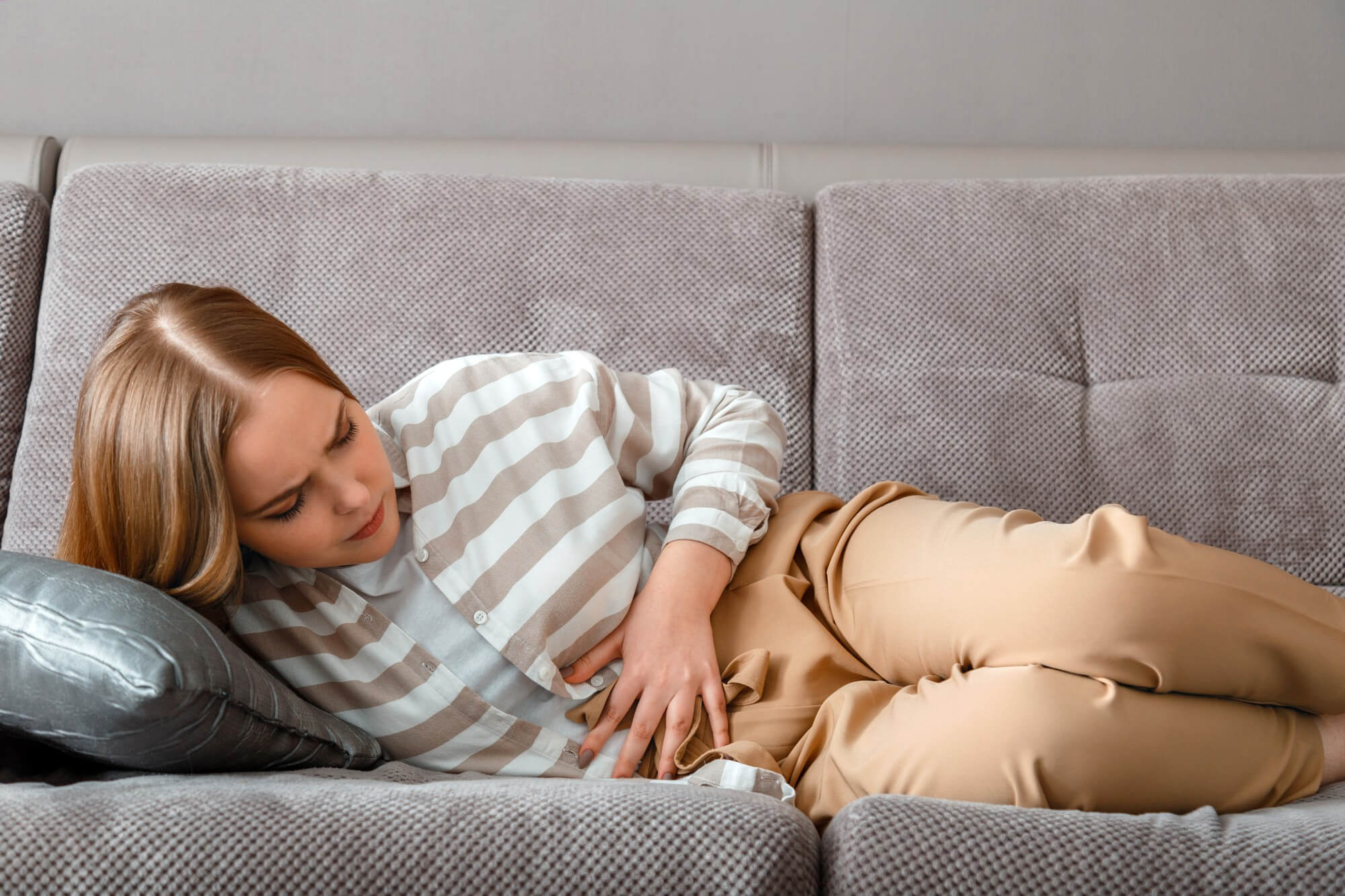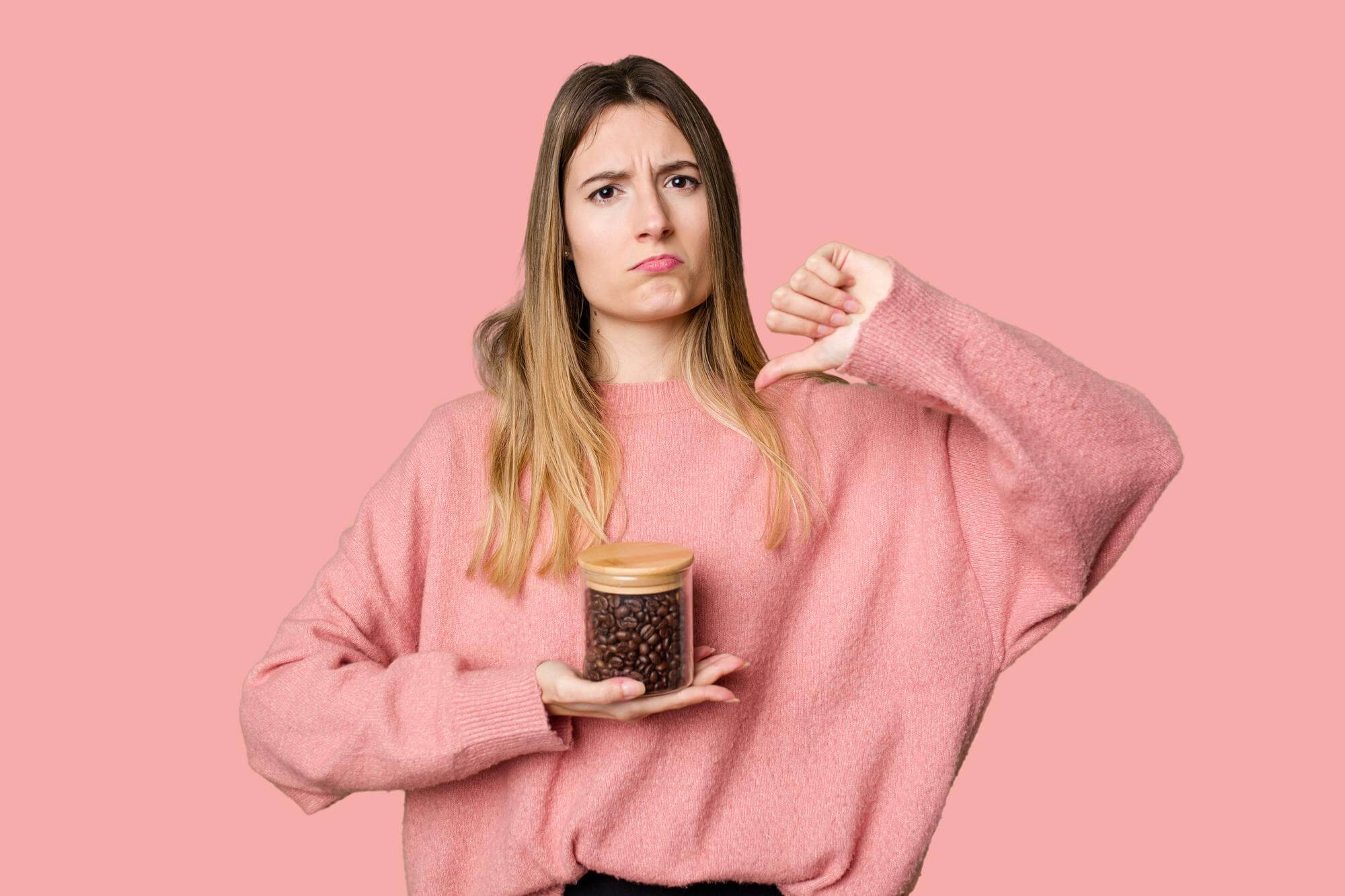How to cope with a coffee allergy and find an alternative


Viktor Levchenko
What is coffee allergy?
Coffee allergy is an immune system reaction to certain substances present in coffee beans or the beverage itself. The body reacts to allergens by producing antibodies, leading to various symptoms. Coffee allergy can manifest when consuming both natural and instant coffee. People with this condition may wonder if coffee allergy can occur in infants, adults, or through cross-reactivity with other products.
Causes of coffee allergy
Components causing allergy to coffee include caffeine, proteins, and other substances present in coffee beans. Allergy to caffeine is one of the most common forms of coffee allergy. In some cases, allergy can be triggered by additives used in instant coffee.
Individual intolerance and predisposition
Each body is unique, and some people have a genetic predisposition to develop coffee allergy. Allergy can occur immediately or over time in adults or infants.
Symptoms of coffee allergy

- Skin manifestations of coffee allergy may include redness, itching, rash, and swelling. What does coffee allergy look like? The rash may be red spots or covered with fluid-filled blisters.
- Respiratory symptoms of coffee allergy can manifest as nasal congestion, sneezing, difficulty breathing, and coughing. In rare cases, coffee allergy can cause asthmatic attacks and anaphylactic shock.
- Coffee allergy can manifest as nausea, vomiting, diarrhea, abdominal pain, and flatulence.
Diagnosis of coffee allergy
To diagnose coffee allergy, an allergist collects a medical history, taking into account symptoms and the duration of their appearance after consuming coffee. The doctor may also conduct a general examination to rule out other diseases.
Skin tests
Skin tests are a standard method of diagnosing coffee allergy. They are performed by applying coffee extract to the skin and observing for possible allergic reactions over a certain period of time.
Blood tests
Blood tests can help determine the presence of antibodies indicating coffee or caffeine allergy. This method may be used if skin tests are contraindicated or do not provide a clear result.
Treatment of coffee allergy

The basis of the treatment of coffee allergy is the complete exclusion of contact with the allergen. If it is established that the allergy is caused by caffeine, one should abstain from coffee and other products containing caffeine.
Antihistamines (Cetirizine, loratadine, or fexofenadine) help reduce the symptoms of coffee allergy, such as itching, rash, and swelling. They are usually applied in tablets or creams.
Anti-inflammatory drugs, such as corticosteroids (prednisolone or dexamethasone), may be prescribed to relieve inflammation and reduce the symptoms of coffee allergy.
Immunotherapy
Immunotherapy may be considered in cases of severe coffee allergy or multiple allergies. This treatment method is aimed at gradually reducing the sensitivity of the immune system to allergens.
Alternatives to coffee for allergy sufferers

- Chicory is a good alternative to coffee for those who suffer from coffee allergy. It does not contain caffeine and has a pleasant taste reminiscent of coffee.
- Green tea is another alternative to coffee, containing a small amount of caffeine. It is also rich in antioxidants and beneficial properties for health.
- Rooibos is a beverage derived from a South African shrub that does not contain caffeine and has a mild, sweet taste. Rooibos is also rich in antioxidants and beneficial microelements.
- Grain-based drinks, such as barley or rye-based drinks, are a good alternative to coffee for allergy sufferers. They do not contain caffeine and have a pleasant taste.
Prevention of coffee allergy
- To reduce the risk of developing a coffee allergy, it is important to consume it in moderation. Avoid excessive consumption of coffee and gradually introduce it into your diet, especially if you have a genetic predisposition to allergies.
- Choose natural coffee varieties without additives and flavorings, which can trigger an allergic reaction.
- Gradual introduction of coffee into the diet can help the body adapt to allergens and reduce the likelihood of developing an allergy.
Coffee allergy is a common phenomenon, and consulting a specialist can help with timely diagnosis and treatment. Knowing the causes, symptoms, and diagnostic methods can help correctly recognize coffee allergy and take necessary measures to improve quality of life. Avoiding coffee and switching to alternative drinks can also help strengthen your health and prevent possible complications. Remember, your health is your own well-being, and taking care of it should be a priority.
New materials
Popular Articles
We recommend reading
Contact us in the Contact Us section to ask questions, offer ideas, or for more information about our allergy resource.
Our articles are your trusted source of allergy knowledge. Learn how to make life with allergic reactions easier on our specialized portal.
©
Lechenie-Allergii.com. All rights reserved.
© Lechenie-Allergii.com. All rights reserved.
The information on this site is for informational purposes only and is not a substitute for professional medical advice. We recommend consulting with qualified medical professionals for accurate information and advice.
 English
English  Українська
Українська  Русский
Русский 









